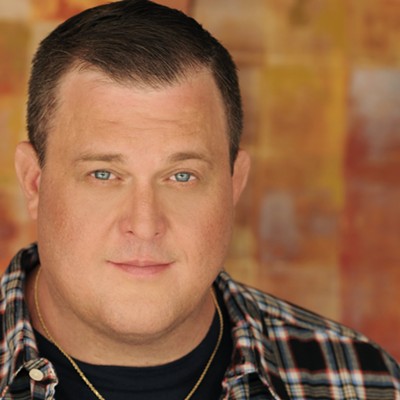Wednesday, July 13, 2011
House at Pittsburgh Irish & Classical
This Alan Ayckbourn play has been noted largely for its novel staging: It was written to be performed simultaneously with Garden, an interlocking Ayckbourn play featuring most of the same characters. The action of both plays takes place on the grounds and inside the walls of a British country estate on a single day. So when an actor runs offstage in House, she's likely headed to join the action in progress in Garden, staged in a tandem theater.
In the performance I saw last week, PICT pulled this off without a hitch, using the upstairs Charity Randall Theater for House and the downstairs Henry Heymann for Garden. But when you're watching this 1999 play, knowing the sleight-of-hand involved can be part of the fun for only so long. After that it risks becoming just a gimmick.
But what I think will stick with me most about House is its curious tone.
Both House and Garden are billed as comedies, and House at least has its farcical elements. (I've yet to see Garden.) But much of time it doesn't really feel like a comedy, and certainly not a light one.
Perhaps the best example is the character of Giles, the neighbor of main characters Teddy Platt (an upper-class twit) and his estranged-in-situ wife, Trish. Before we even meet Giles, we learn that Teddy has cuckolded him. And on Giles' appearance on the stage, we discover that Giles himself is completely oblivious to this infidelity by his wife, which even his teen-age son (and the Platt's teen-age daughter) know of.
In a standard farce, Giles' obliviousness would be played strictly for laughs, likely in part by making him roughly as unlikable as most of the other characters. But Ayckbourn doesn't do that. Instead, Giles (played by the wonderful David Bryan Jackson), is probably the nicest, kindest character on stage (with the possible exception of his own son). You feel for him instantly, even moreso because of his cluelessness.
To top it off, this production gives Giles a stutter. That risks going over the top, but Jackson makes it work.
Shortly -- after his wife's infidelity and her accomplice have been revealed to him -- Giles becomes a bit more typically comic character. But it's hard to miss the real sadness in House. That's not to mention the casual verbal brutality of other scenes, such as when the play's most sophisticated character, a novelist named Gavin Ryng-Mayne, stomps one of its more naïve characters like an overeager bug.
Ayckbourn, for all he's stuffed into the "comedy" bin, is not so easy to categorize -- a fact the playwright perhaps alludes to when Ryng-Mayne corrects another character who labels his novels "thrillers": "I regard them simply as novels," he says coolly. "It's an appalling habit these days, isn't it, wanting to put everything into neat pigeon-holes."
House & Garden has six more performances through the Sun., July 17 matinee. www.picttheatre.org
Tags: Program Notes












